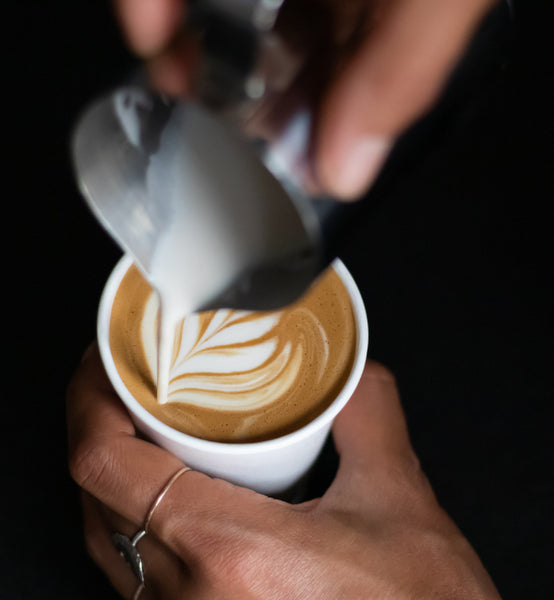This naturally processed coffee comes from a mix of varieties grown in Ayabaca, a town in the Piura region of north-west Peru. Ayabaca's famous for its beautiful natural landscape, with lots of lagoons, moors, and wildlife. For the people who live there, growing coffee is the main way to make a living. Coffee farmers in Ayabaca focus on looking after their crops carefully, choosing varieties like Caturra, Bourbon, and Catimor because they grow well and resist spoiling.
Because coffee is so important to their income, farmers here usually stick to safe ways of fermenting the beans, to avoid losing any of their crop and the money it brings.
Some farmers are starting to try growing more unusual varieties, but in small amounts to be on the safe side. Most of the work on the coffee farms in Ayabaca is done by families, with extra help hired for things like picking the beans. They use a bit of chemical fertiliser along with compost, but don't use any weed killers. Because of the hilly land, everything is harvested by hand, using machetes or brush cutters. The farmers control the fermentation process carefully to make sure the coffee tastes its best. They mainly produce naturally processed coffee, fermenting it for 6-8 hours, and they're also planning to try honey processing.
This batch is a mix of Caturra, Bourbon, and Catimor coffees. These varieties can all taste fantastic when grown at high altitude and in the right conditions. They're popular here because they resist disease, produce a lot of beans, and are relatively easy to grow, which is essential for farmers who depend on their coffee to live.




























